Conclavoscope - Cardinal Dominique Mathieu
Cardinal Profile and Assessment
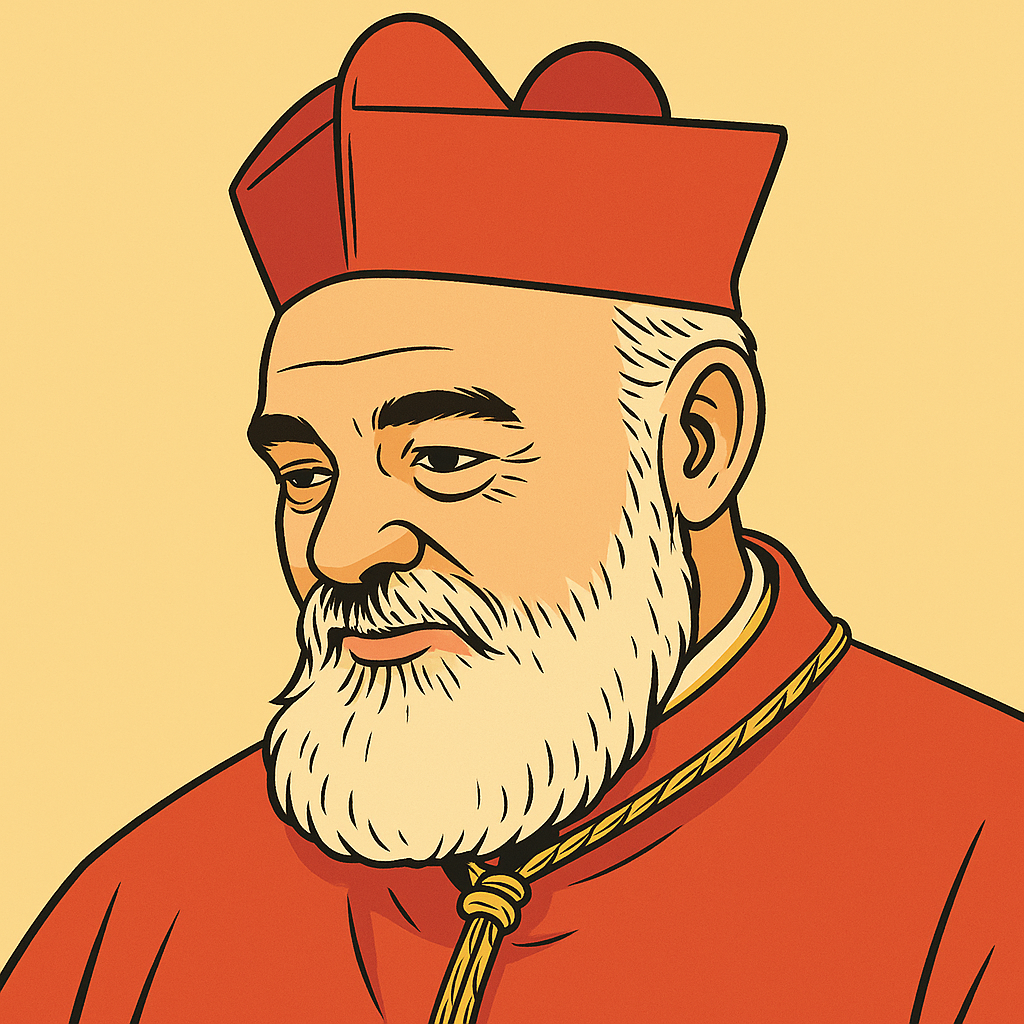
Franciscan cardinal, apostolic administrator of the Archdiocese of Tehran-Isfahan, known for his pastoral work in a context of Catholic minority in Iran.
| Criterion | Tendency |
|---|---|
| Moral doctrine | Moderately conservative |
| Liturgy | Conservative |
| Sociopolitical | Very progressive |
| Relationship with Pope Francis | Moderately progressive |
| Dialogue | Very progressive |
| Communication | Very progressive |
| Overall tendency | Moderately progressive |
Cardinal Dominique Mathieu upholds traditional Catholic moral teachings, emphasizing the importance of living the Gospel through acts of mercy and solidarity. While he has not made extensive public statements on specific moral issues, his pastoral approach reflects a commitment to embodying the Church's moral teachings in daily life.
As a Conventual Franciscan, Cardinal Mathieu values liturgical practices that resonate with local cultures and promote active participation. He encourages liturgies that are accessible and meaningful to the faithful, fostering a deeper connection to the Eucharist and the Church's traditions.
Cardinal Mathieu demonstrates a strong commitment to social justice, particularly in serving the poor and marginalized. He has actively engaged in issues related to poverty, corruption, and social inclusion, aligning with progressive sociopolitical engagement.
A close collaborator of Pope Francis, Cardinal Mathieu supports the Pope's reforms and vision for a Church that reaches out to all. He has defended Pope Francis against criticisms and aligns with his emphasis on pastoral care and inclusivity.
Cardinal Mathieu promotes interreligious dialogue, recognizing its importance in a pluralistic society. He encourages engagement with different faith traditions to foster mutual understanding and peace.
Known for his effective communication and pastoral sensitivity, Cardinal Mathieu emphasizes the need for the Church to engage with modern culture and technology. He advocates for a Church that listens and speaks in ways that resonate with contemporary society.
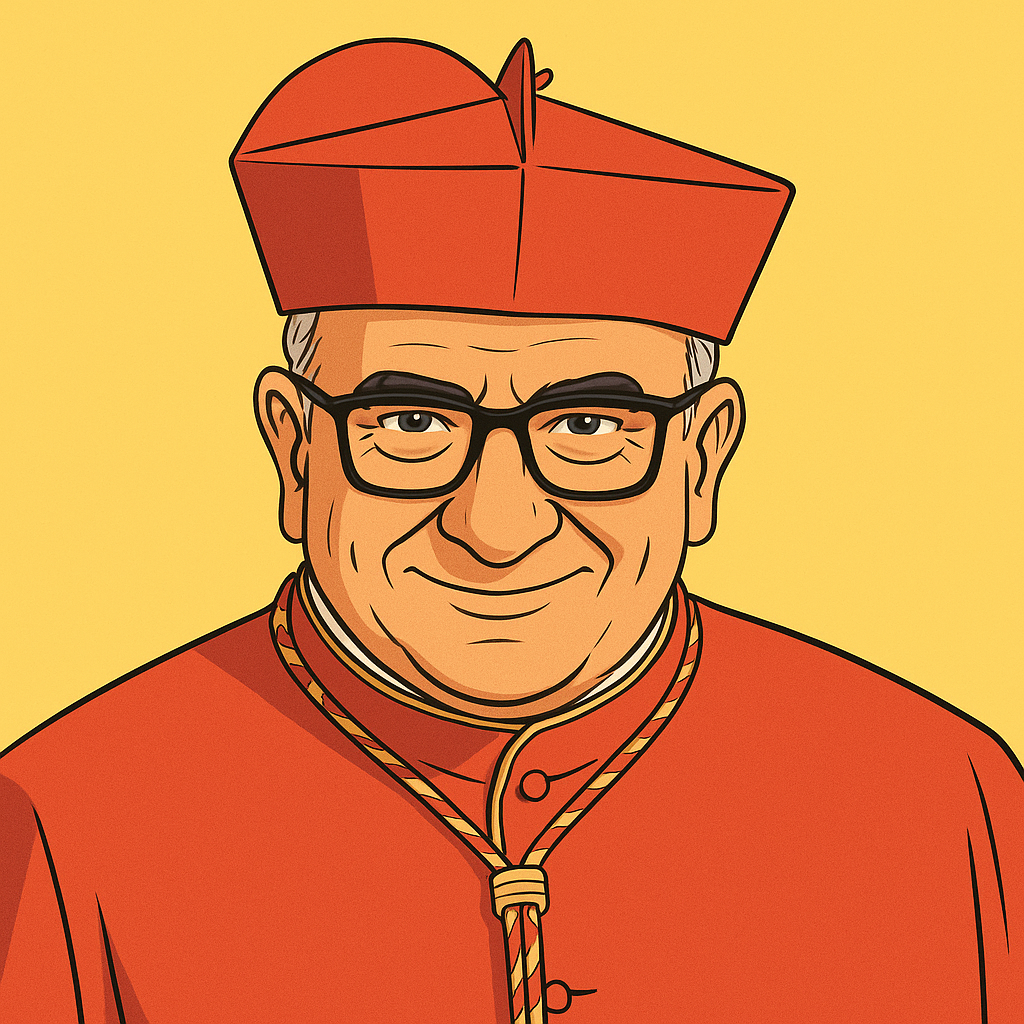
Chile
Chilean cardinal, Archbishop of Concepción, known for his conservative doctrinal positions and commitment to rebuilding trust after abuse scandals.
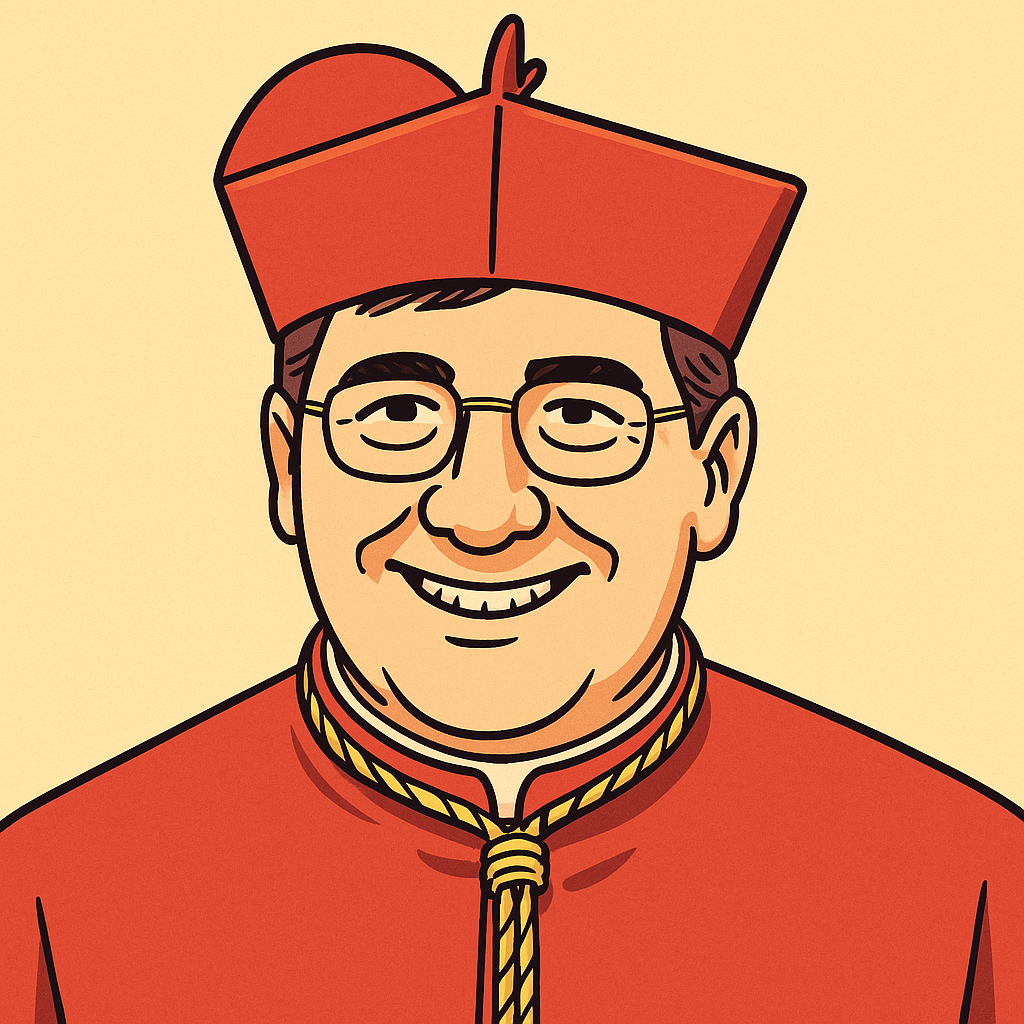
Canada
Canadian cardinal, Archbishop of Toronto, relatively new to the episcopate, known for his doctrinal fidelity and pragmatic pastoral approach.
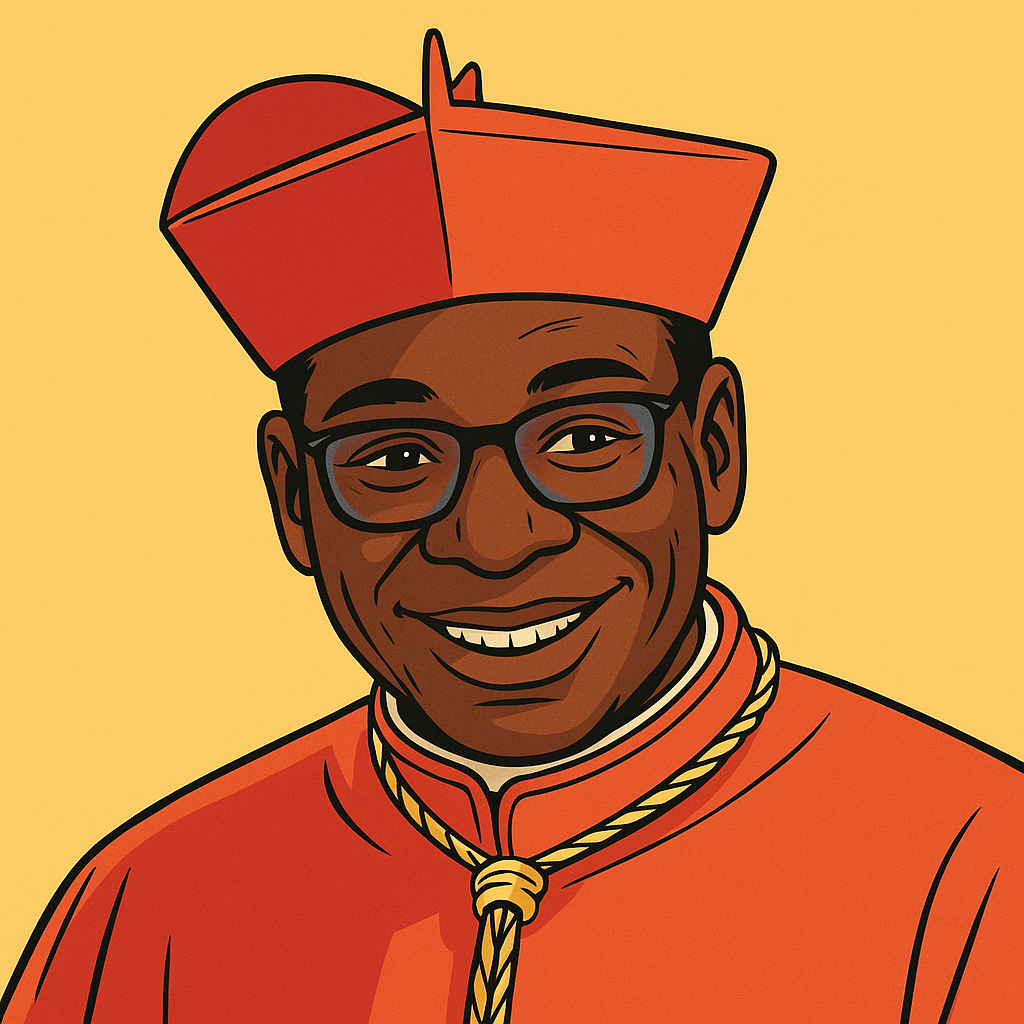
Ivory Coast
Ivorian cardinal, Archbishop of Korhogo, known for his pastoral approach rooted in African traditions and his commitment to social peace.
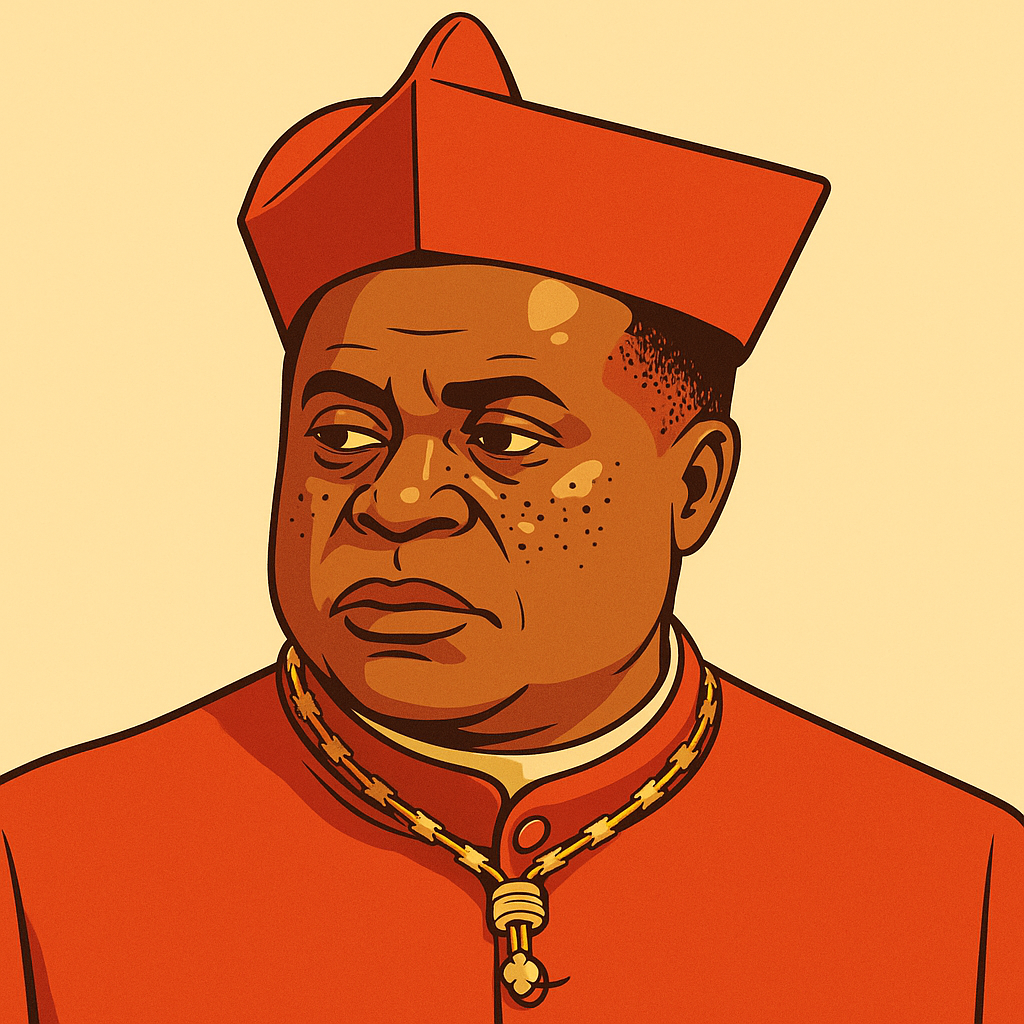
Nigeria
age: 62
Nigerian cardinal, Bishop of Ekwulobia, known for his perseverance in the face of difficulties (having been rejected by his previous diocese) and his pastoral leadership in a context of ethnic tensions.
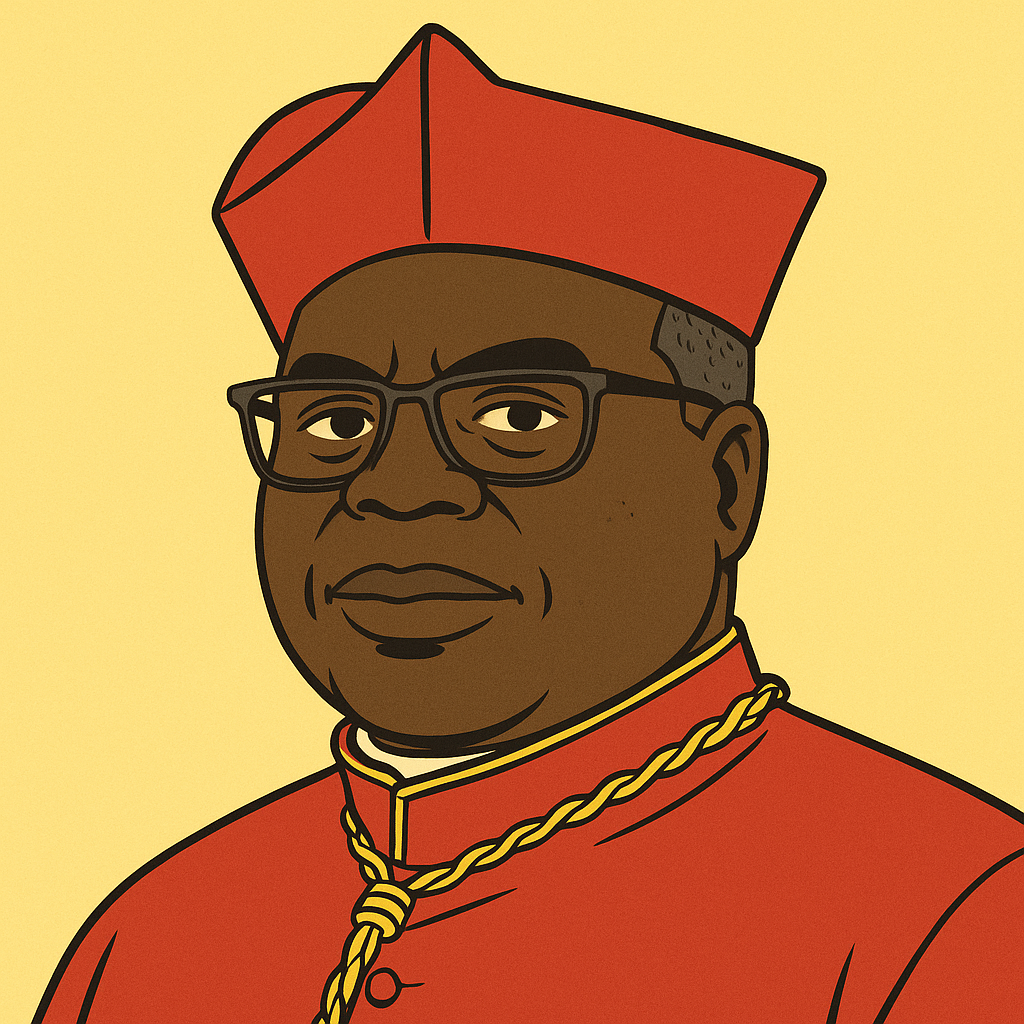
South Sudan
age: 62
South Sudanese cardinal, Archbishop of Juba, known for his leadership in a context of civil war and his commitment to peace and reconciliation in his conflict-torn country.
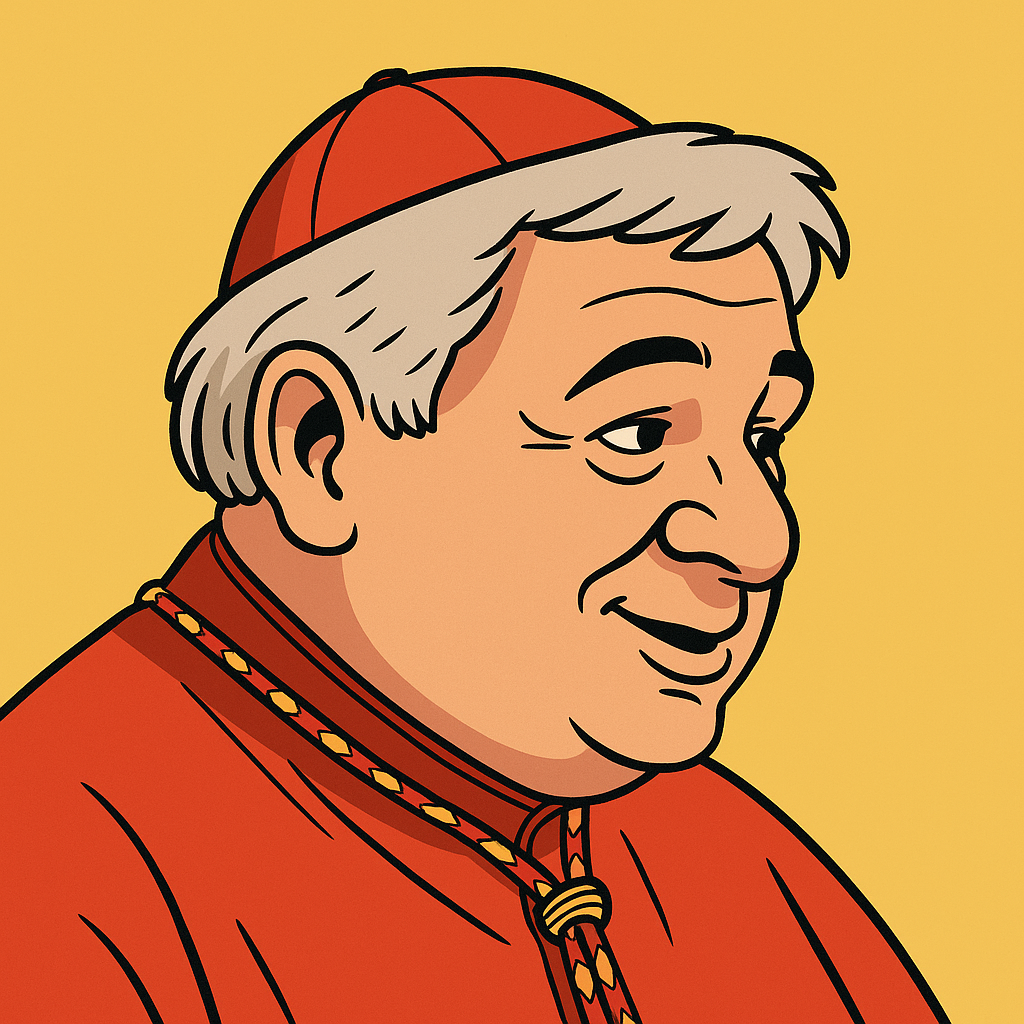
Poland
age: 62
Polish cardinal, Apostolic Almoner, known for his commitment to serving the poor and his direct charitable action, implementing the "culture of encounter" promoted by Pope Francis.
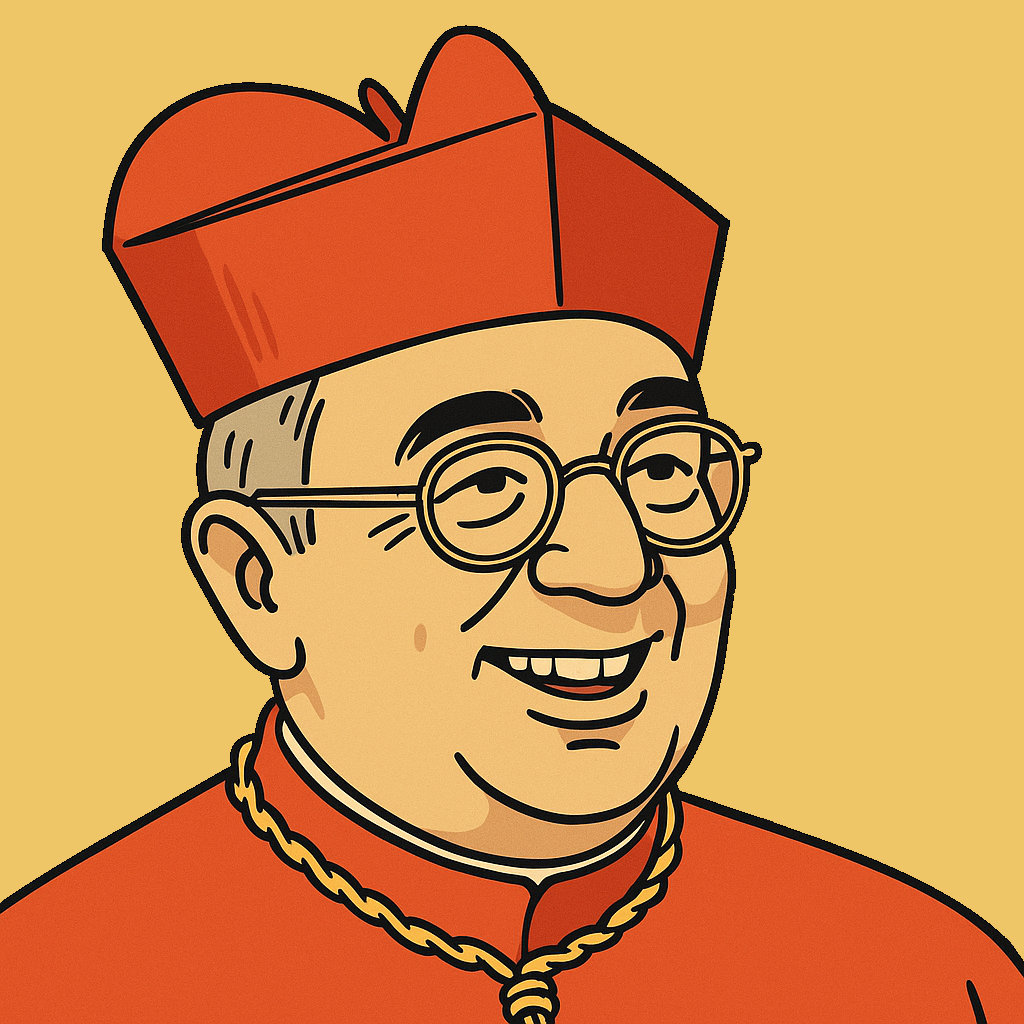
Italy
Italian cardinal, former vicar general of the pope for the diocese of Rome, known for his balance between liturgical tradition and moderate pastoral openness.
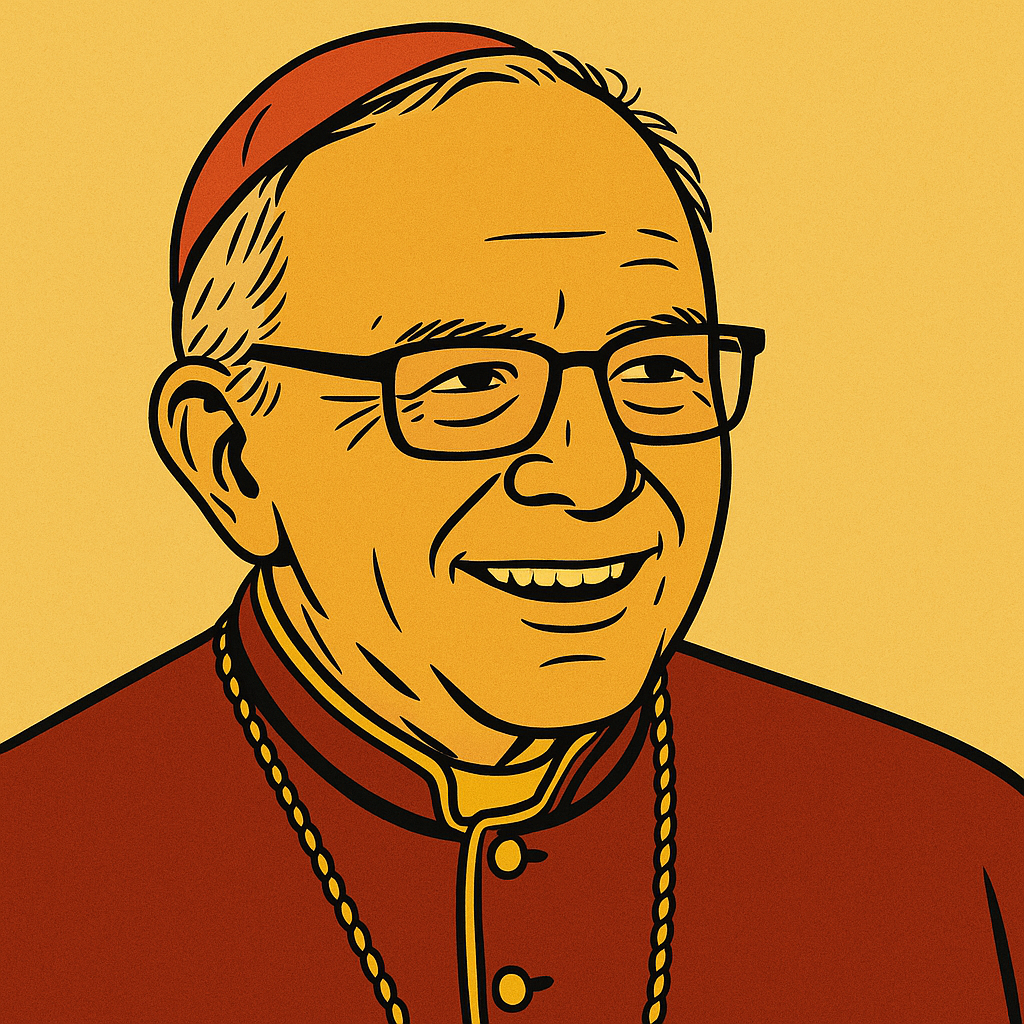
Portugal
Portuguese cardinal, Patriarch Emeritus of Lisbon, known for his balanced leadership and pastoral vision that respects tradition while dialoguing with contemporary society.
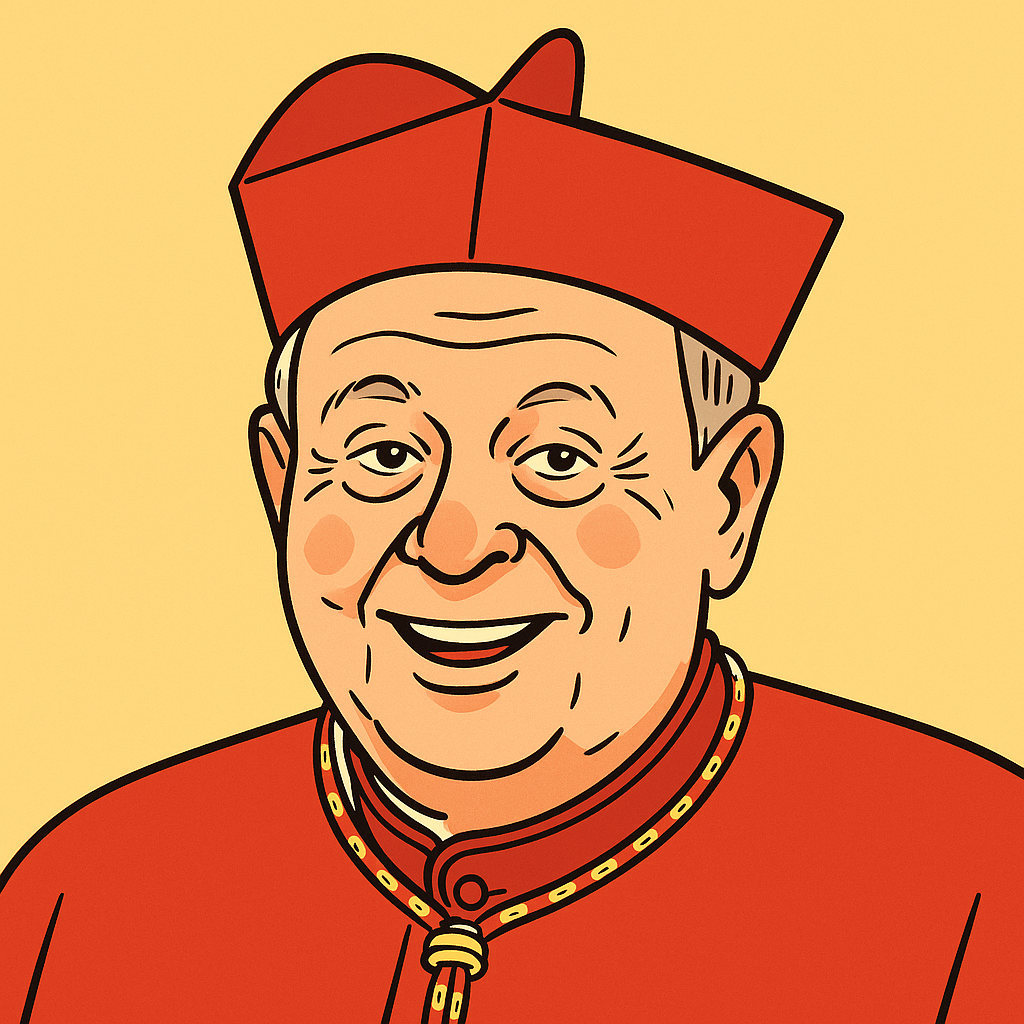
Italy
Italian cardinal, Bishop of Como, known for his balanced pastoral approach and his work for the reception of migrants at the Swiss border, combining doctrinal fidelity and social commitment.
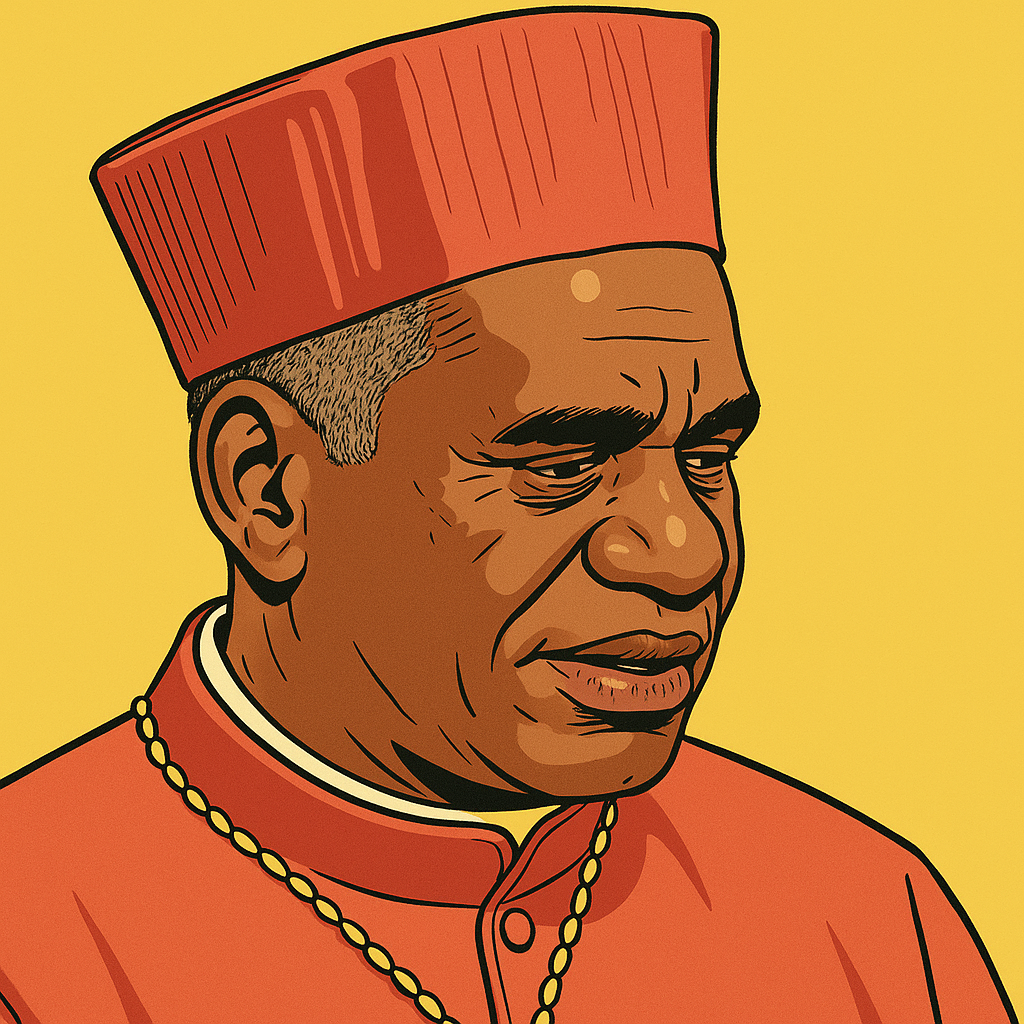
Madagascar
Malagasy cardinal, known for his traditionalist positions, his attachment to classical liturgy, and his vigorous defense of Catholic moral doctrine.
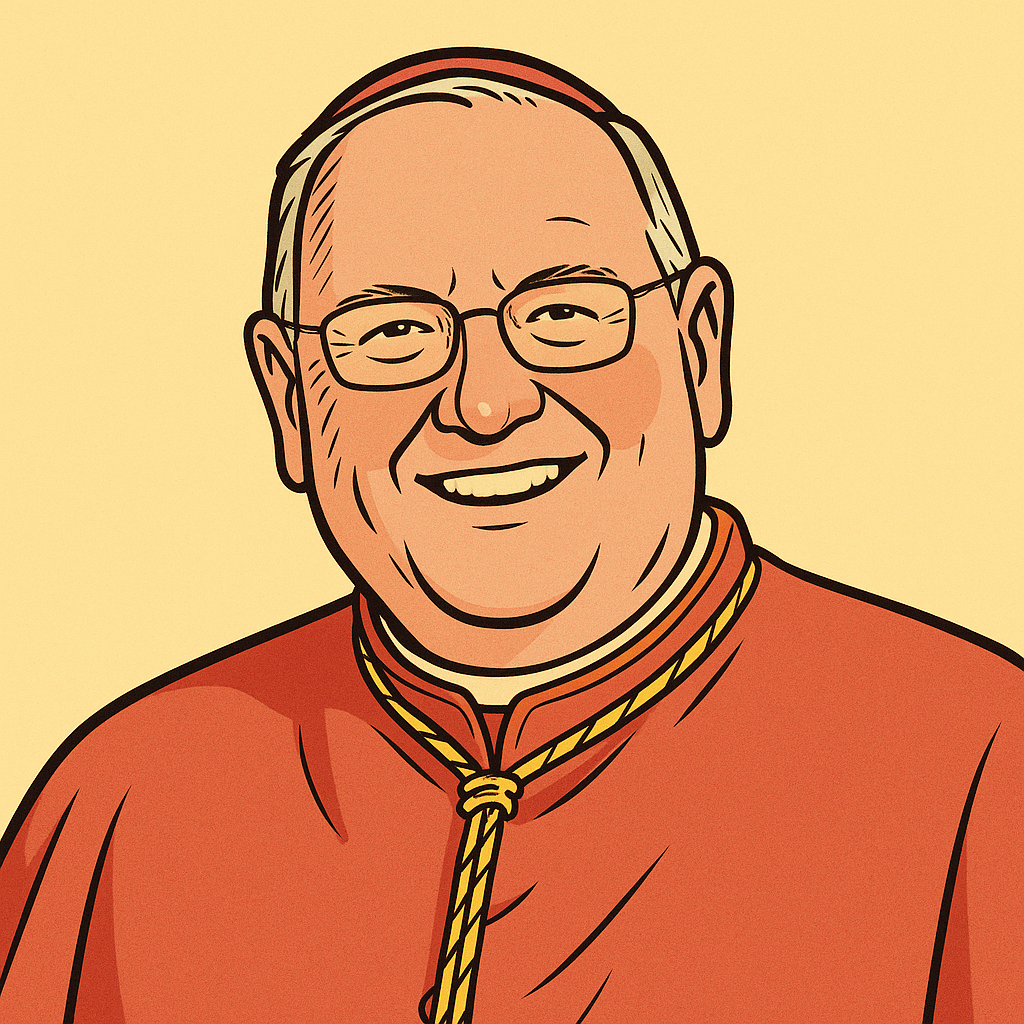
United States
American cardinal, Archbishop of New York, known for his media charisma and balanced leadership, combining social commitment and defense of Catholic tradition and moral values.

Myanmar
Burmese cardinal, the first from his country, known for his commitment to peace and reconciliation, combining respect for tradition and interreligious dialogue.
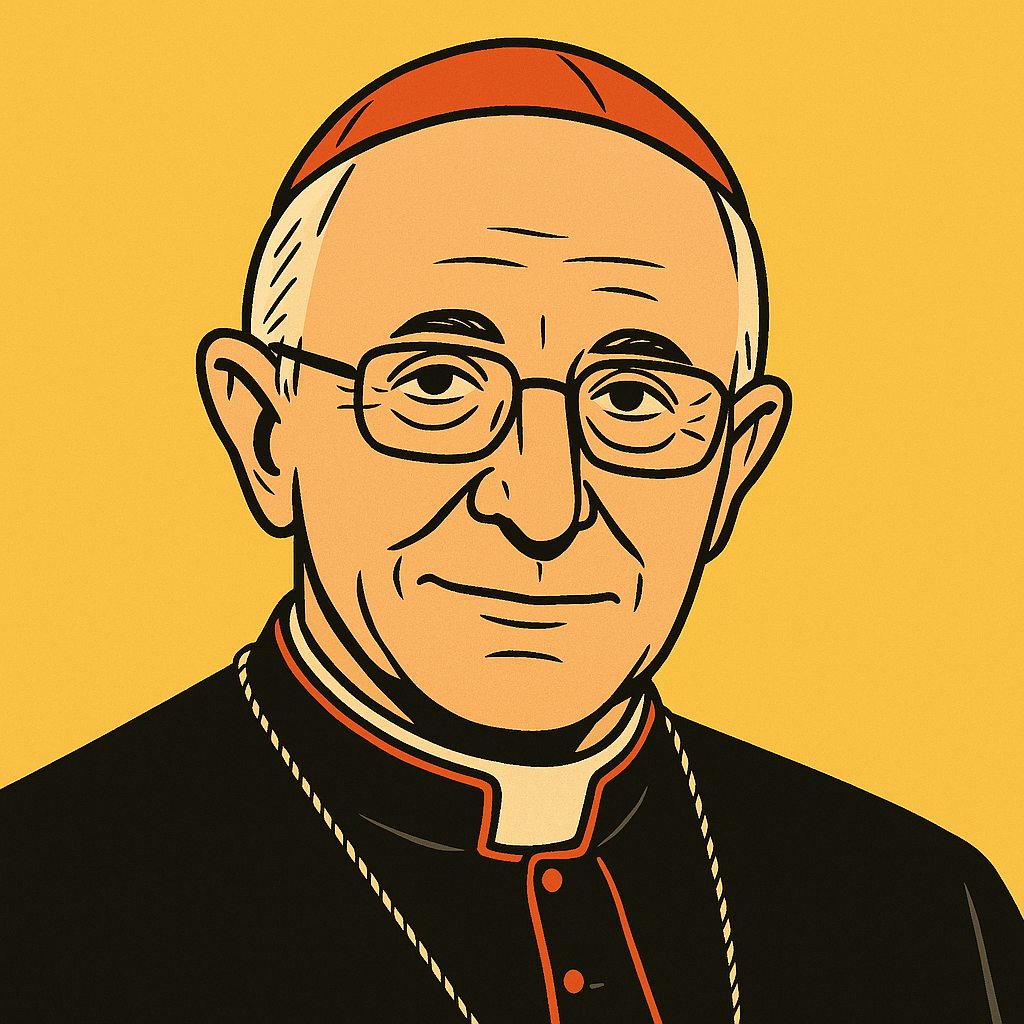
Italy
Italian cardinal, Grand Master of the Order of the Holy Sepulchre, former prefect of the Congregation for the Evangelization of Peoples, known for his missionary and diplomatic experience.
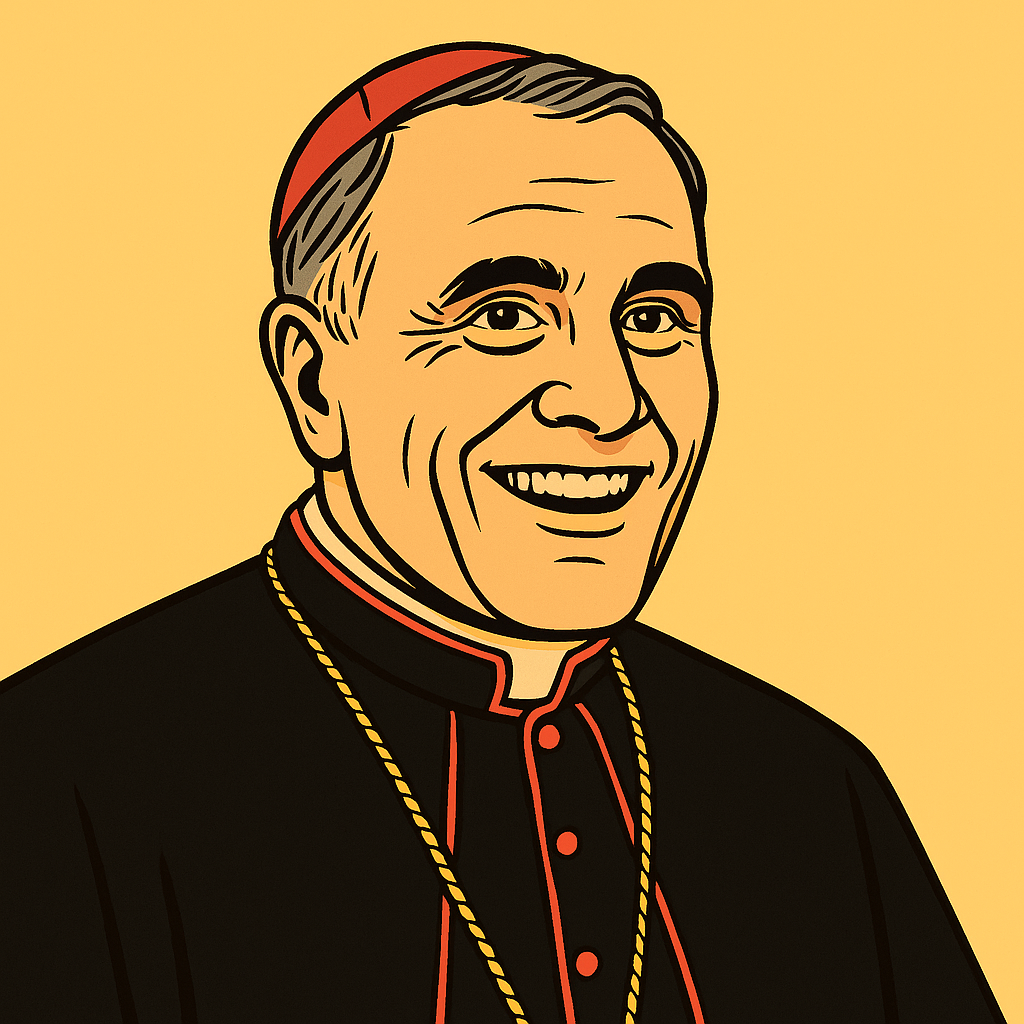
United States
American cardinal, known for his conservative positions on doctrine and liturgy, while seeking unity in a divided ecclesial context.
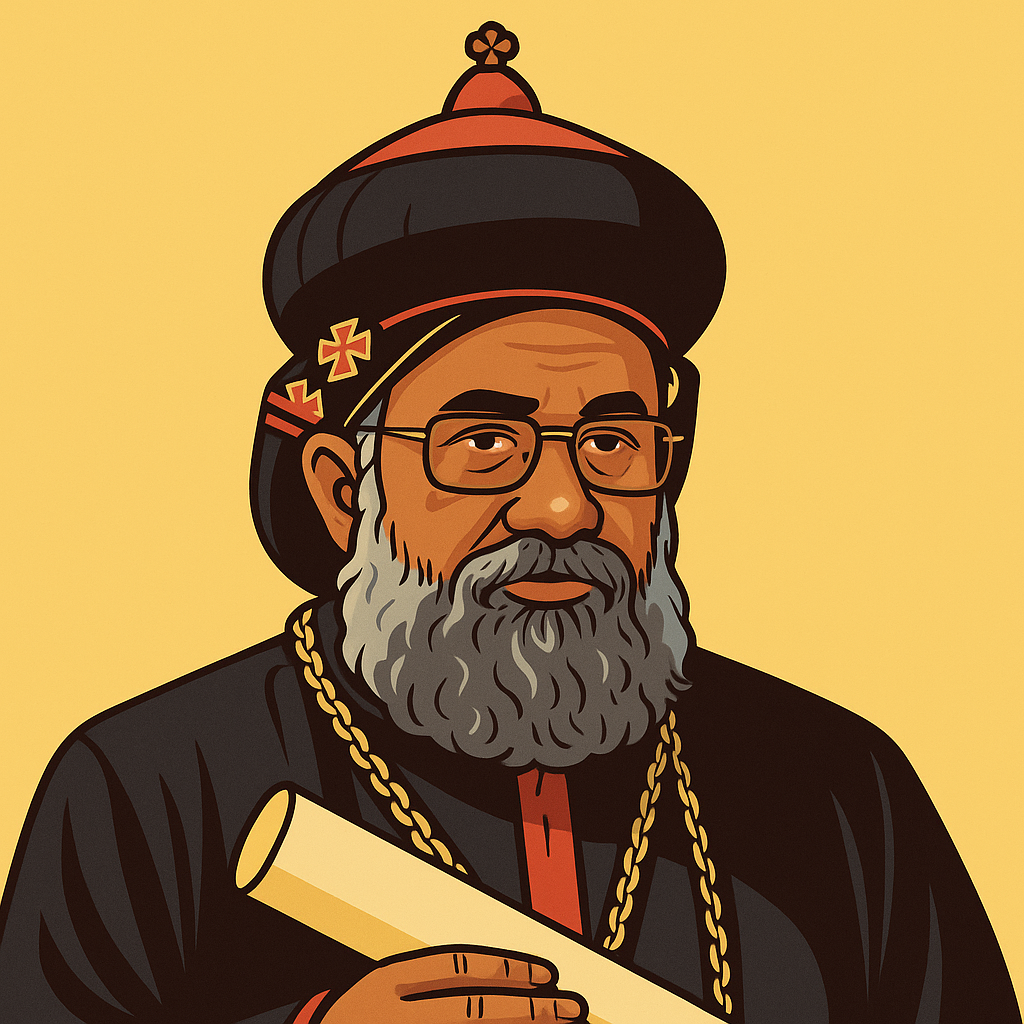
India
Indian cardinal of Syro-Malankara rite, known for his attachment to the Eastern traditions of the Church and his defense of traditional moral doctrine.
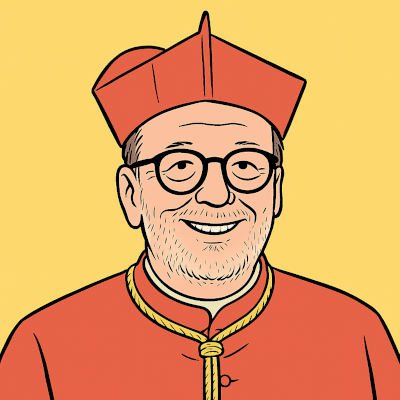
Italy
Italian cardinal, former apostolic nuncio, known for his diplomatic expertise and knowledge of Eastern Churches, combining liturgical tradition and openness to dialogue.
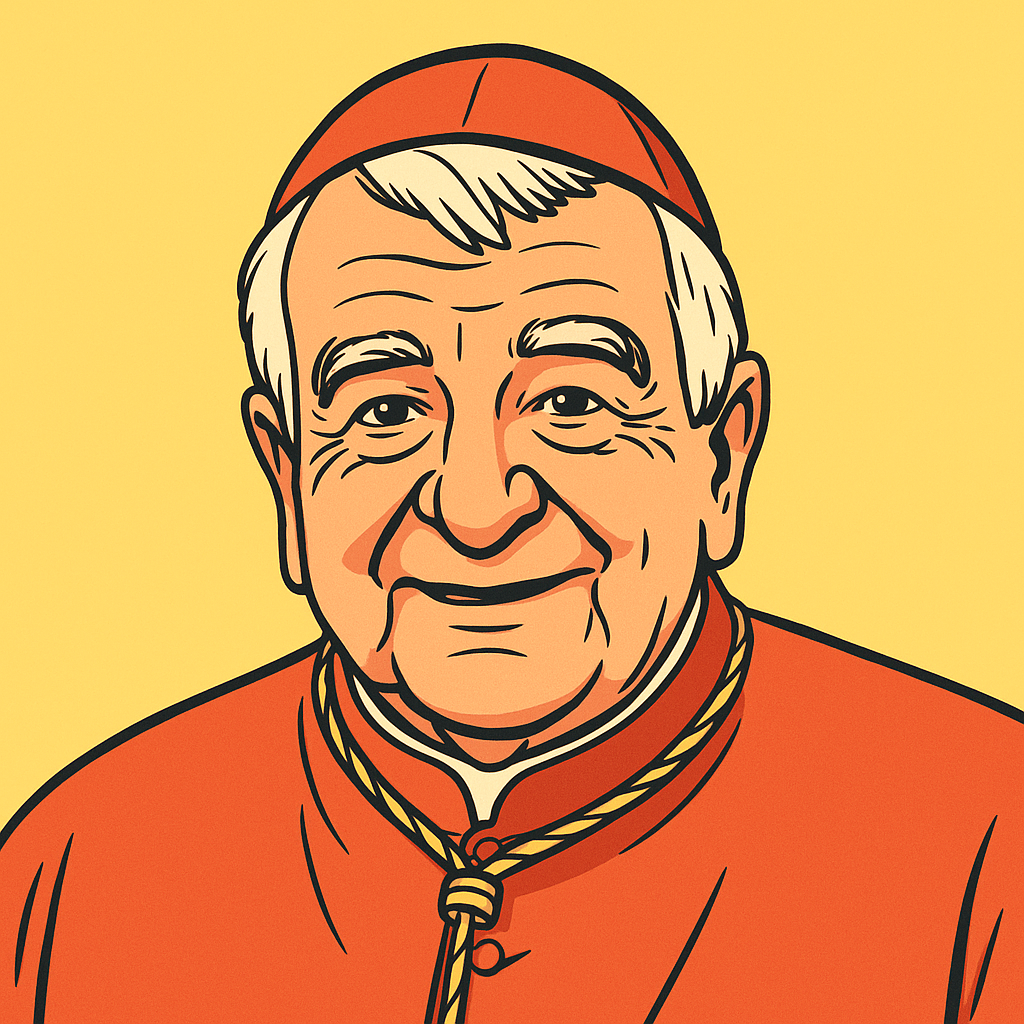
Switzerland
Swiss cardinal, apostolic nuncio, known for his diplomatic work and balanced approach between tradition and moderate openness.
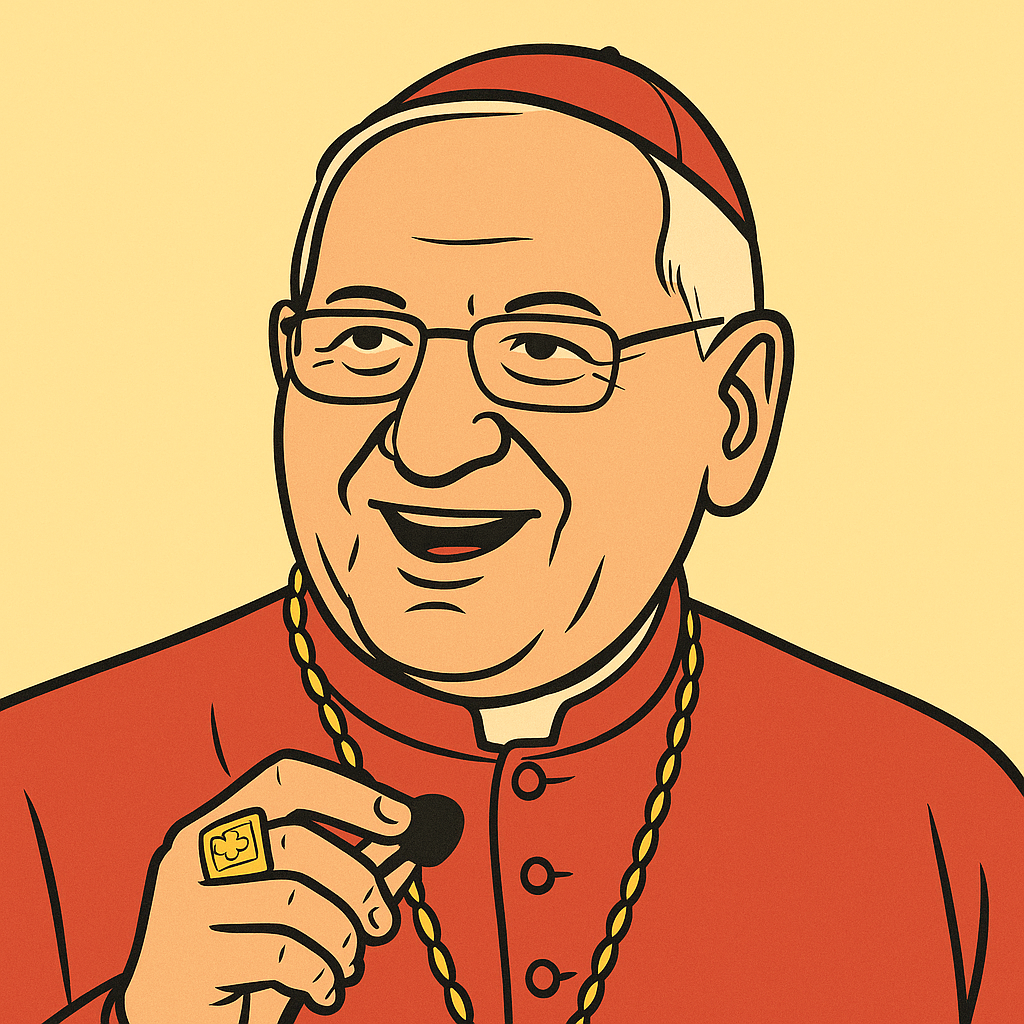
Iraq
Iraqi cardinal, Patriarch of the Chaldean Catholic Church, known for his leadership in a context of persecution and his commitment to the survival of Christians in the Middle East.
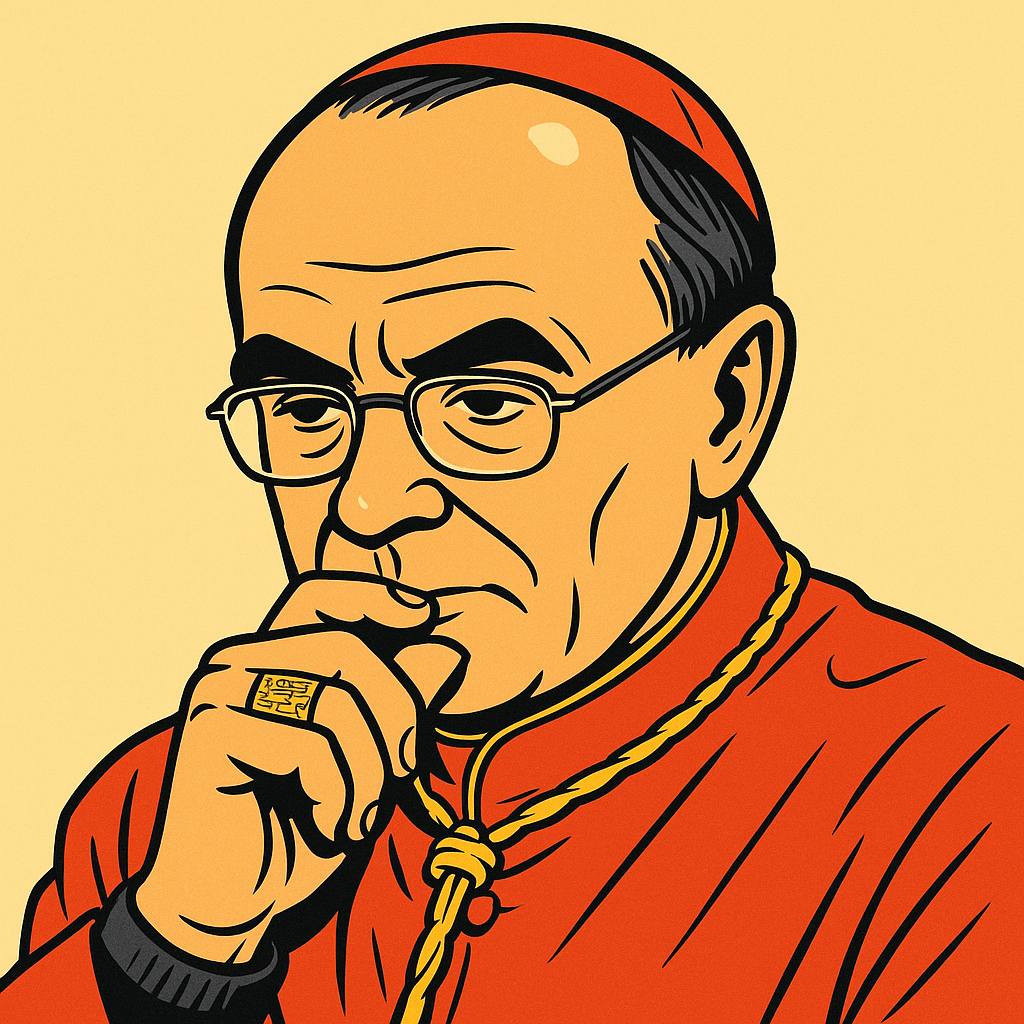
France
French cardinal, Archbishop Emeritus of Lyon, known for his missionary dynamism but whose career has been marked by controversy over the handling of sexual abuse in his diocese.
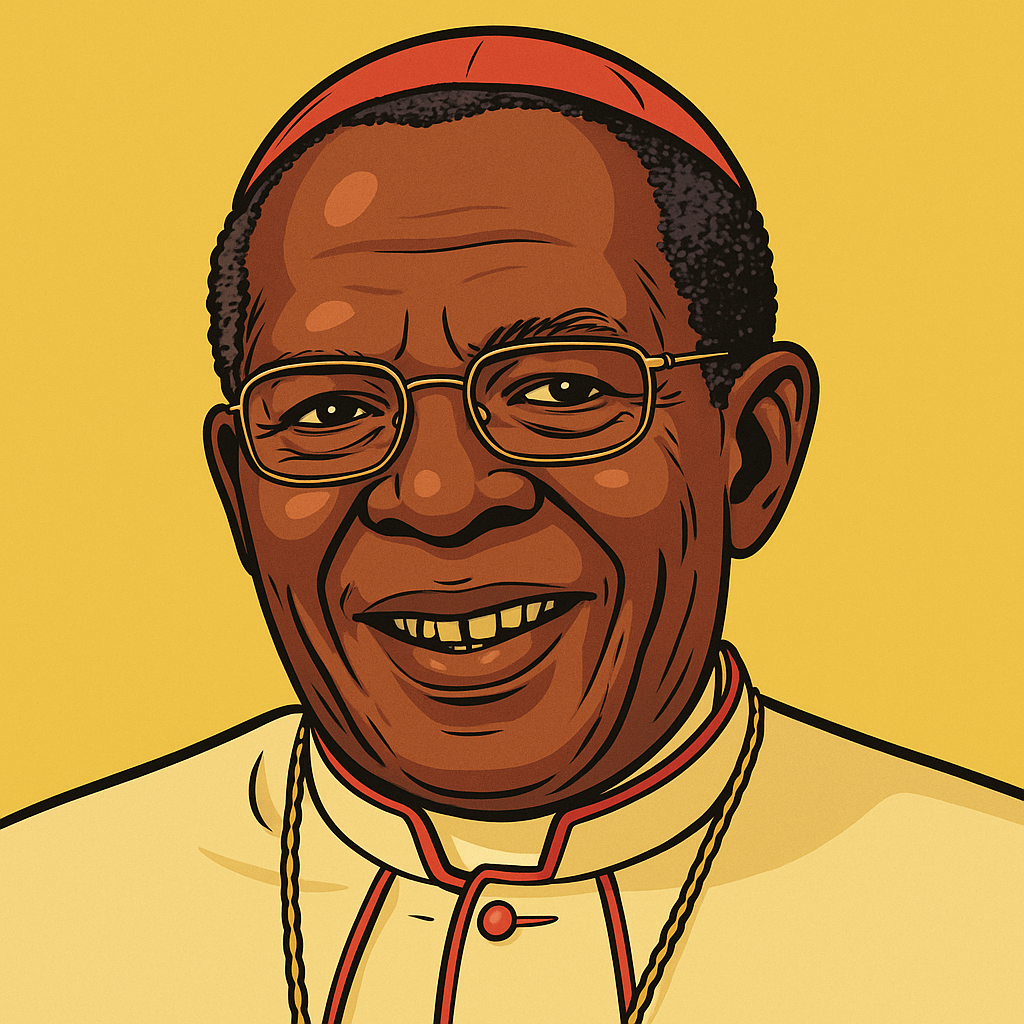
Kenya
Kenyan cardinal, Archbishop Emeritus of Nairobi, known for his conservative positions on moral issues and his leadership in the growing African Church.
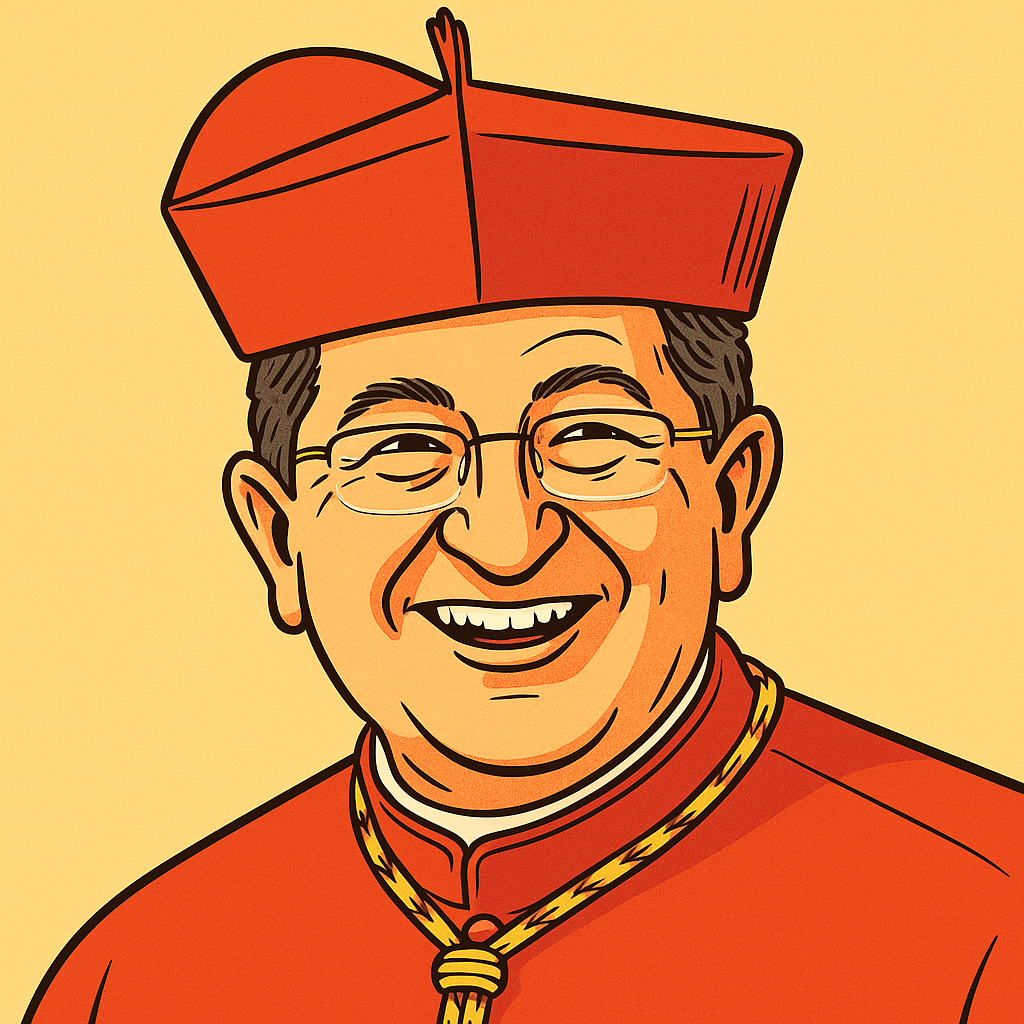
Italy
Italian cardinal, Archbishop of Florence, known for his conservative doctrinal positions and intellectual work, while remaining engaged in pastoral dialogue.

Italy
Italian cardinal, Grand Master of the Order of the Holy Sepulchre, former prefect of the Congregation for the Evangelization of Peoples, known for his missionary and diplomatic experience.

United States
American cardinal, known for his conservative positions on doctrine and liturgy, while seeking unity in a divided ecclesial context.
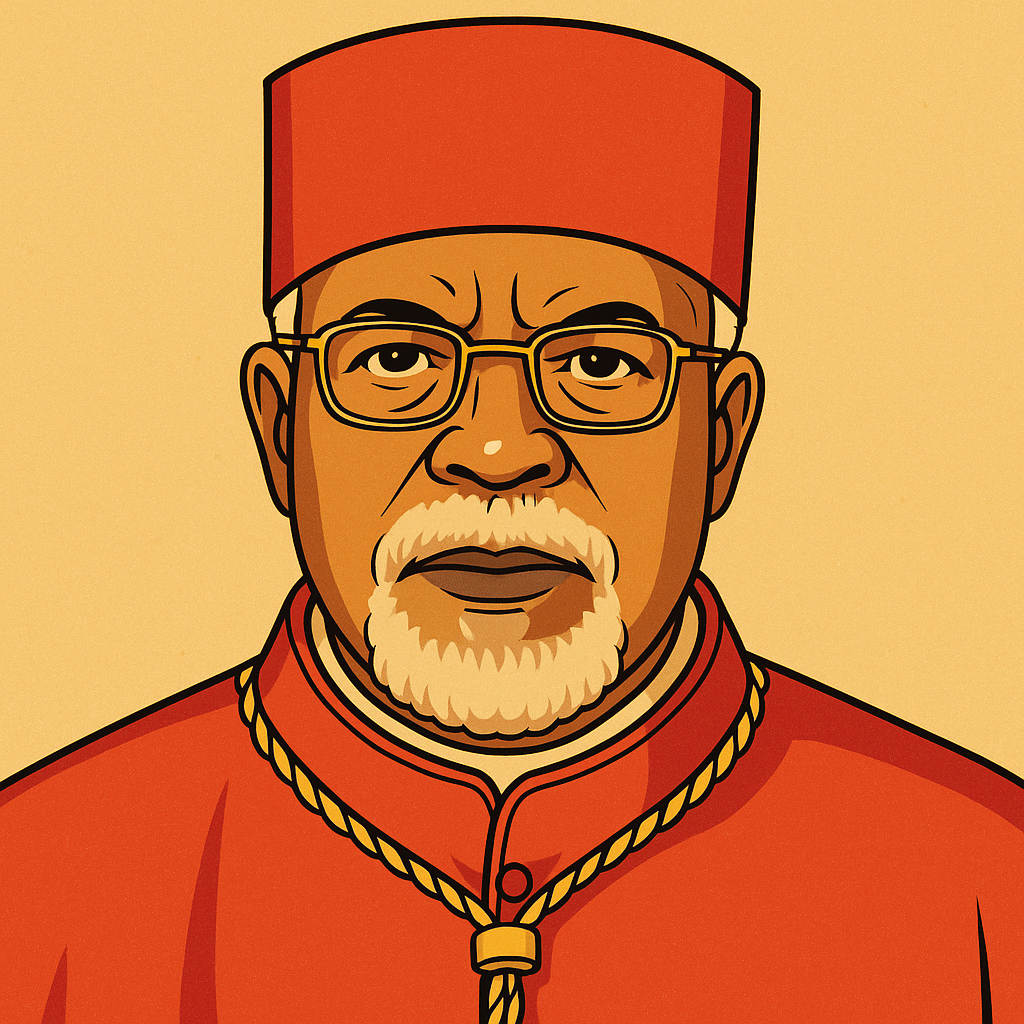
Ethiopia
Ethiopian cardinal of Eastern rite, known for his defense of traditional Church values and his pastoral work in a context of religious tensions.